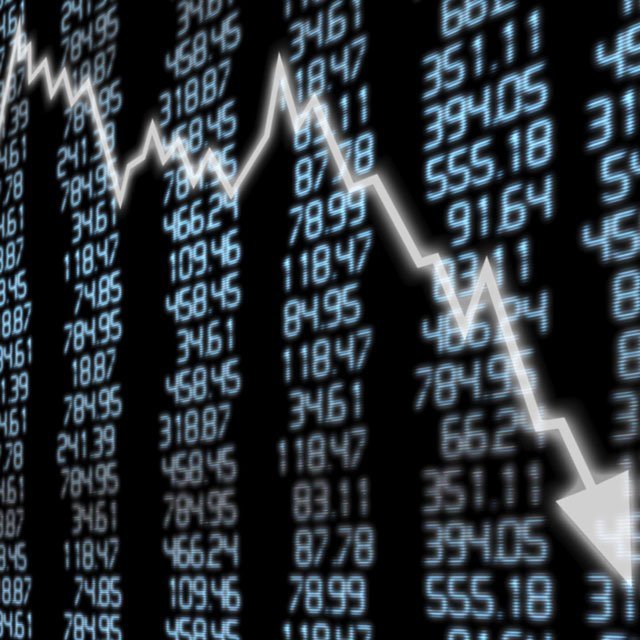Surging Price of Everything Spells Stagflation, Recession Risk

What You Need to Know
Fuel, food and metal prices are rising after Russia’s invasion of Ukraine.
Economists at Barclays and JPMorgan Chase are among those lowering forecasts for global growth and raising them for consumer prices.
Europe is at particular risk, but the U.S. and Asia aren’t immune.
The global economy is at mounting risk of stagflation and potentially more recessions as fuel, food and metal prices surge after Russia’s invasion of Ukraine.
Fresh speculation that governments may slap sanctions on Moscow’s energy supplies catapulted oil above $130 a barrel at one point on Monday. European gas prices continued to fly higher after doubling last week, and wheat is near a record following Ukraine’s exit as one of the top global crop suppliers. Copper, palladium and other metals also keep rising.
With the world still to fully escape the coronavirus and supply chains fraying anew, the climbing cost of raw materials increasingly threatens a 1970s-style twin blow on companies and consumers via even faster inflation and weaker demand.
In question is whether economies will suffer stagflation or another recession just two years since the pandemic forced the deepest slump in decades. Europe, which uses Russia for about 40% of its gas needs, is at particular risk, although the U.S. and Asia aren’t immune either.
Economists at Barclays Plc and JPMorgan Chase & Co are among those lowering forecasts for global growth and raising them for consumer prices. Both expect expansion about a percentage point weaker and inflation a percentage point stronger than previously.
“Soaring commodity prices and increased risk aversion caused by the Russia-Ukraine war imply a stagflationary shock,” the Barclays economists led by Christian Keller wrote in a report. “While Europe looks more vulnerable than the U.S., and the U.K. is somewhere in between, China seems least exposed.”
Stagflation would sharpen trade-offs between expansion and inflation. Governments are under pressure to offset pain via greater spending, for example with subsidies to protect the poor from high energy costs. Meanwhile central banks will have to tread carefully even as the U.S. Federal Reserve still seems set to raise interest rates.
“The Fed has no choice but to hike in March, and we believe they will keep hiking beyond that despite the geopolitical risks,” Jefferies economists Aneta Markowska and Thomas Simons said in a report. “A 7- hike scenario still seems like a reasonable base case.”
The International Monetary Fund is warning of “very serious” economic consequences from the war. Goldman Sachs Group Inc. analysts estimate a sustained $20 shock in the oil price will lower gross domestic product by 0.6% in the euro area and 0.3% in both the U.S. and China.
Cutting off gas shipments through Ukraine could knock 1% off euro area GDP, while an entire loss of Russian gas would mean a 2.2% hit, the economists added. They reckon a complete shutting down of Russia’s 4.3 million barrels-a-day of oil exports to the U.S. and Europe would reduce global GDP by 3 percentage points.
Other than Russia, Ukraine and neighboring economies in Europe’s east, euro-area nations appear most at risk. Based on assumptions of energy prices at their new highs reached on Monday, Bloomberg Economics’s SHOK in-house model of the euro-area economy showed a contraction in the third quarter and 6% inflation this year.
Energy Prices Could Push European Inflation Above 6%
While inflation there is already at almost 6%, triple the European Central Bank’s official target, officials may choose to focus on supporting growth for now. Paolo Gentiloni, the European Union commissioner for the economy, warned last week that high energy prices “will likely weigh significantly” on growth.
“Exactly how badly the European economy will be hit is anyone’s guess at this stage, but the post-Covid recovery will surely be significantly delayed,” Erik Nielsen, chief economic adviser to UniCredit Group, said in a report. He sees a risk “of stagflation — if not even a recession with inflation.”




